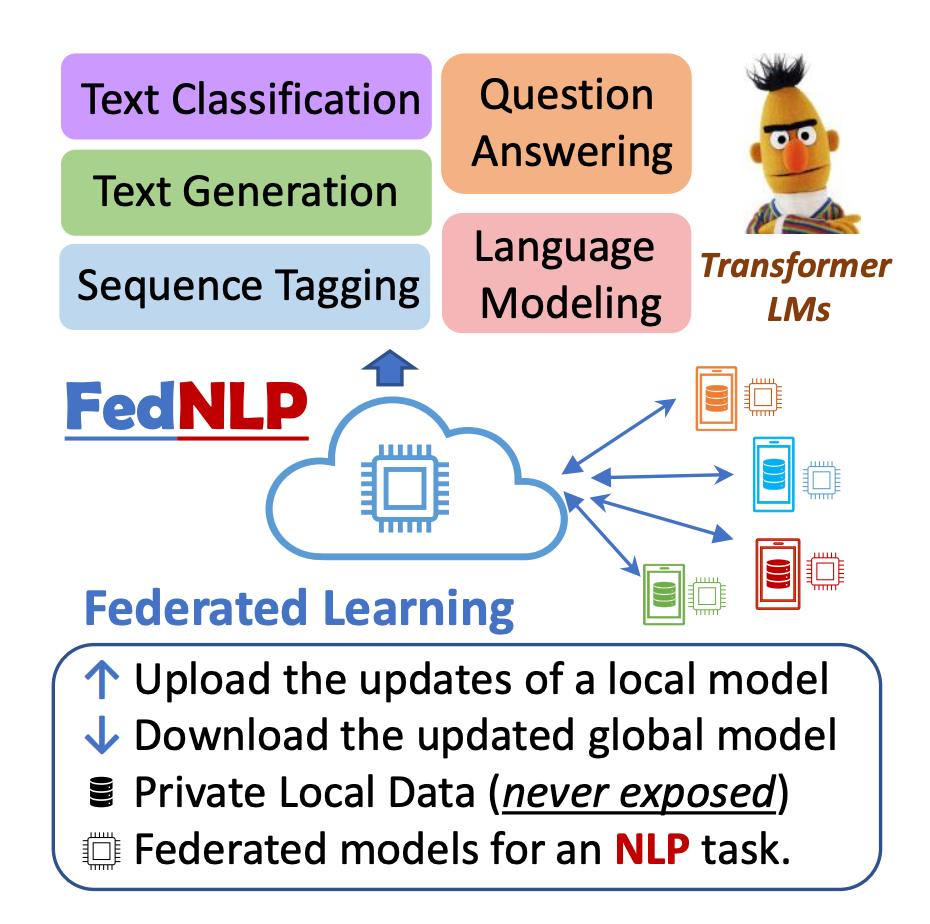In an era marked by rapid technological advancements, the United States government stands at a pivotal juncture in the realm of artificial intelligence (AI). The Federal Communications Commission (FCC) has launched an investigation into robocalls fueled by Generative AI, following an incident where a deepfake message, mimicking President Biden, discouraged New Hampshire voters from participating in a primary election. Concurrently, Congress is scrutinizing the potential benefits of integrating Generative AI into legislative processes, highlighting the growing interest and concern surrounding AI’s role in governance.
A recent report by the Government Accountability Office (GAO) underscores the significant strides being made in the adoption of AI technologies across non-military federal agencies. With over 200 active applications and more than 500 initiatives in the pipeline, AI’s promise to enhance national security, scientific research, and public administration is undeniable. However, this rapid expansion also raises vital questions about ethical standards, governance, and the alignment of AI with public service objectives, signaling an urgent need for a structured approach to AI deployment within federal and state agencies.
AI centers of excellence: A blueprint for ethical and efficient AI deployment
The concept of an AI Center of Excellence (CoE) has emerged as a strategic response to the complexities of AI integration in government operations. Drawing from the private sector’s experience, where AI CoEs have proven to be crucibles of innovation and expertise, this model offers a pathway for government agencies to navigate the AI landscape. By establishing AI CoEs tailored to the unique needs of each agency and legislative body, the government can ensure flexible governance structures that address domain-specific challenges while fostering innovation and adherence to ethical standards.
AI CoEs in government agencies promise a synergy of technical skill and strategic vision, mirroring the success seen in corporate settings. These centers aim to harness the collective expertise of IT professionals and business leaders, creating a dynamic environment that propels AI initiatives. This approach not only aligns AI strategies with agency missions but also upholds ethical guidelines, ensuring that technological advancements serve the public interest.
Key elements for success
The implementation of AI CoEs within government entities requires a thoughtful integration of several critical components. At the core, each CoE must establish a strategic vision that resonates with the agency’s mission, positioning AI as a tool for enhancing public services and societal well-being. This vision sets the stage for AI initiatives that are purpose-driven and impactful.
Crucial to the CoE’s success is the promotion of an interdisciplinary collaboration culture. By bringing together experts from diverse fields, both within and external to the agency, CoEs can spark innovation and share valuable insights. This collaborative approach ensures that AI solutions are enriched by a multitude of perspectives, enhancing their relevance and effectiveness.
Given the swift pace at which AI technology evolves, CoEs must also emphasize adaptability and continuous learning. Encouraging personnel to engage in ongoing education and skill development is essential for keeping both the workforce and AI strategies at the cutting edge of technological progress.
As the U.S. government embarks on a journey to integrate AI into its operations, the establishment of AI Centers of Excellence offers a promising framework for navigating the challenges and opportunities presented by this transformative technology. By fostering collaboration, ensuring strategic alignment with public service goals, and promoting ethical standards, AI CoEs can guide federal and state agencies toward a future where AI enhances governance, bolsters national security, and contributes to societal advancement. With a structured approach to AI deployment, the government is poised to unlock the full potential of artificial intelligence, ensuring that it serves as a force for good in the public domain.





